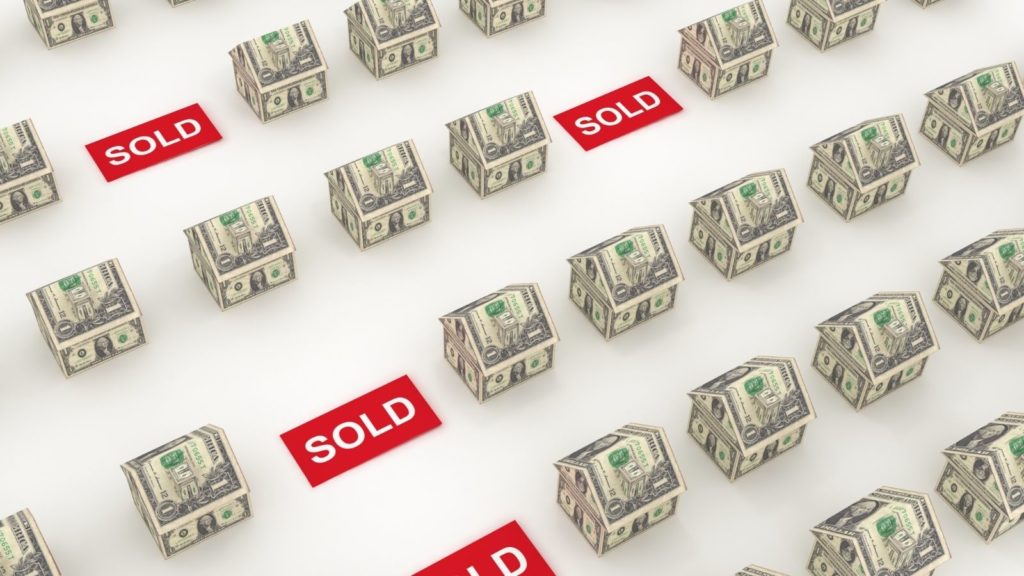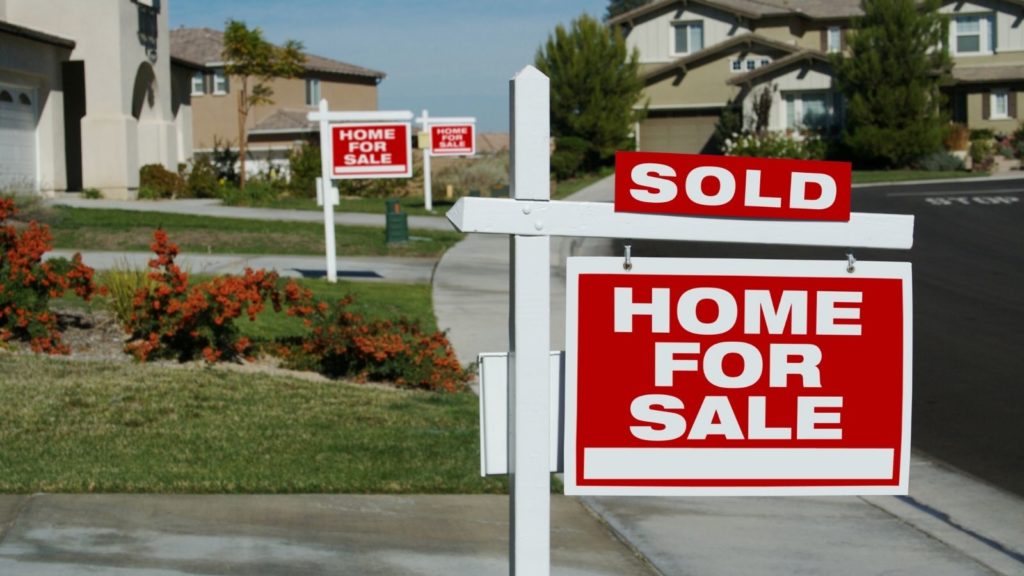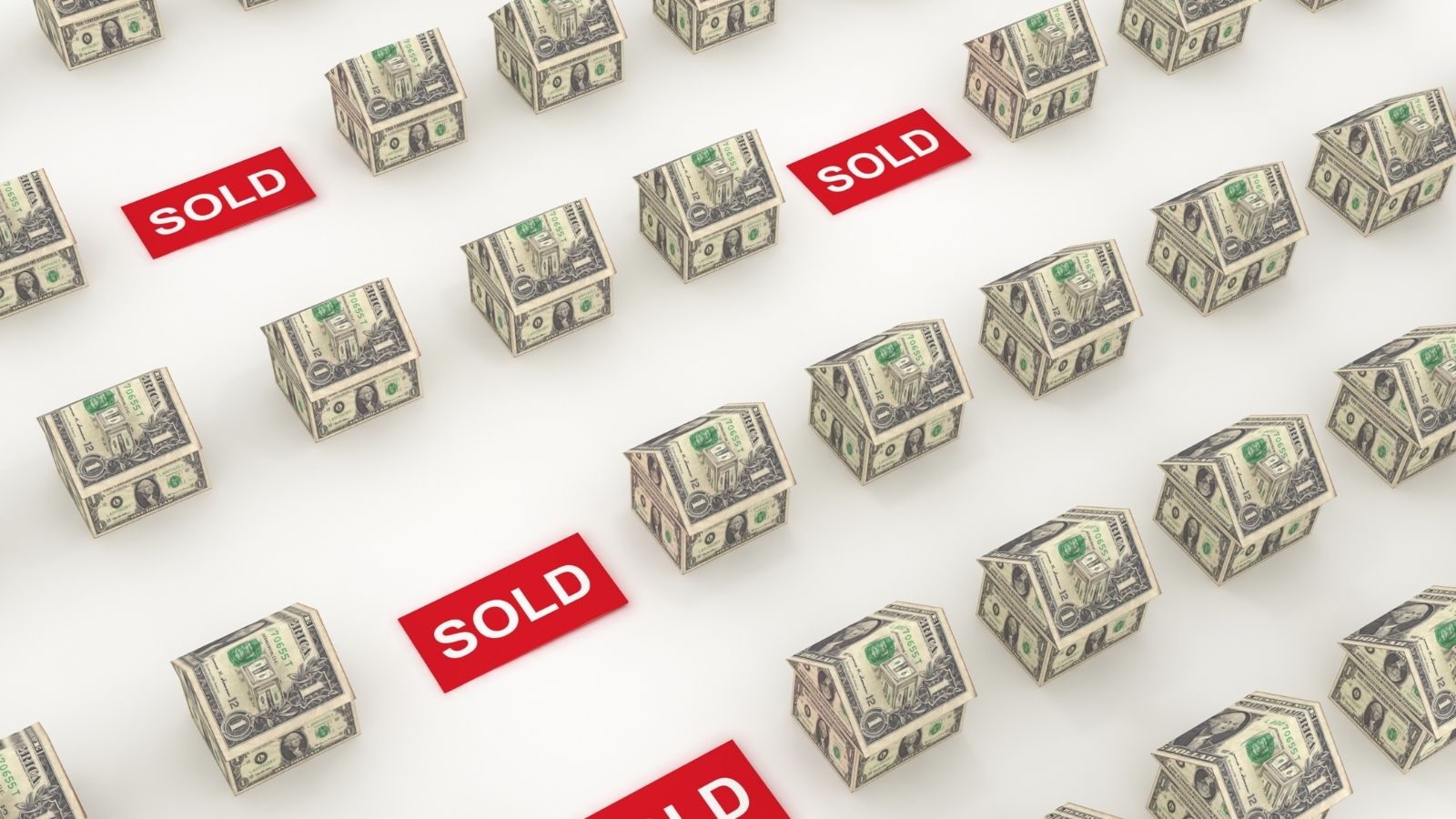Figuring out the perfect price for your home sale can be a challenging task. Price your home too high, and you will risk having it sit unsold on the market for long. On the other hand, if you price it too low, you could end up losing thousands of dollars in the final deal.
When determining a price for your house, it is essential you do the necessary legwork and research to make sure you get the best price possible. Here are a few factors you should consider when pricing your home.
How to Price Your Home
When setting an asking price, there are five basic steps you should take.
Ensure You Look at the Recent Comps
The first step to determining the right price for your home is looking at similar properties in your area. Properties that have sold and are similar to yours in terms of location, size, and conditions will give you an idea about what your house might be worth. See how these homes are priced and how much they have sold for in the recent past.
Markets keep changing fast, so you should pay attention to comparable sales within the past few months, ideally three months. Go far back, and you will likely see homes where a deal might have been made months before it closed. The real estate markets tend to turn on a dime. So, a deal put together before six months doesn’t count. Pending sales are your best bet when it comes to studying the current market conditions. It will give you an idea of what buyers are actually willing to pay for homes in your market.
Your house shouldn’t be priced higher than similar houses currently on the market. Do so, and you will have a challenging time competing for the attention of prospective buyers.

Understand that Fixtures and Finishes Matter
Let’s face it; prospective buyers will find a tastefully renovated home with neutral fixtures and finishes more appealing than an unrenovated home that’s stuck in the ‘80s with incredible decorations.
When looking at comparable houses on the market, you must be objective. You should know that if your home isn’t updated, it is not going to sell for a higher price. Nonetheless, the good news is that the amount of money you will pay to upgrade your house is probably going to be a lot less than the difference in value. So, be a bit more open to making minor changes before listing.
Study the Local Market
The next step in determining the perfect price for your house is studying the local market. Consider using real estate search websites to get an idea about the price at which different types of houses—their size, style, and ages— have historically sold for in your area and what they are selling for now.
This will give you insights into the housing market trends in your neighborhood and whether the prices are presently moving up or down.
If you find the prices are falling, you will probably want to be more conservative with your asking price. On the other hand, if the prices are rising, you will be able to ask for a higher asking price.
| Allen | Carrollton and Farmers Branch |
| Dallas | Flower Mound |
| Forney | Frisco |
| Garland | Little Elm |
| McKinney | Plano |
| Richardson | Rockwall |
| Wylie |
Go and See Homes for Sale
Selling a house is not a decision that people make overnight. So, once you decide to sell your home, it’s time to go out and see what is currently in your market. Meaning, you should check out open houses nearby to see what the sellers are offering. Do they have granite countertops and wooden floors?
Houses you see in January will likely be closed by the time you list your home in April. If they are still on the market, the chances are that they are poorly priced. Ideally, you should check out the various floor plans, fixtures, and finishes of nearby homes for sale and consider whether each property is more or less valuable than yours.
Use Your Agent as a Resource
The earlier you bring a real estate agent into the picture, the better. The top agents’ tour properties regularly and know the market inside and out. They will most likely be able to explain to you the seemingly inexplicable and provide tips to help make your home more valuable.
A good real estate agent will have the inside knowledge on pending home sales and know exactly what’s happening in your local market. They will also be able to tell you what similar properties in your area have sold for. Nonetheless, remember to research independently alongside taking advice from your real estate agent.
Why the Perfect Price Matters?
It is crucial that you set the right asking price for your home when you first list it. Your house will get the greatest attention from potential buyers when it first hits the market. So, if you price your home too high in the early stages, prospective buyers are less likely to make an offer.
And, the longer your house remains on the market, the greater the chance that buyers will suspect something is wrong with it. Hence, they will either skip your home altogether or offer less than the asking price.

In simple words, a high list price will limit your visibility on the market, especially online. Most potential buyers scan listings by filtering their search with upper and lower price limits alongside other characteristics of their ideal home. For instance, the square footage and the number of rooms. When you price your home too high, it won’t be part of that search even when the other characteristics match.
Lastly, if your asking price is higher than the house’s appraised value, it will interfere with the buyer’s ability to qualify for their mortgage. And if that happens, there is little hope left for the sale of your home to move forward.
Learn to Adjust Your Price When Necessary
If you find that your home isn’t getting a lot of interest after you list in, or if you hear from buyers that it is priced too high, never hesitate to adjust the price. Quickly adapting to the feedback and response you receive will help you capture at least some of the initial excitement that comes with a newly listed house.
Have Questions? Ask Korin
Our team is the best source of information about the local community and real estate topics. Give us a call at (972) 821-6145 to learn more about local areas, discuss selling a house, or tour available homes for sale.


